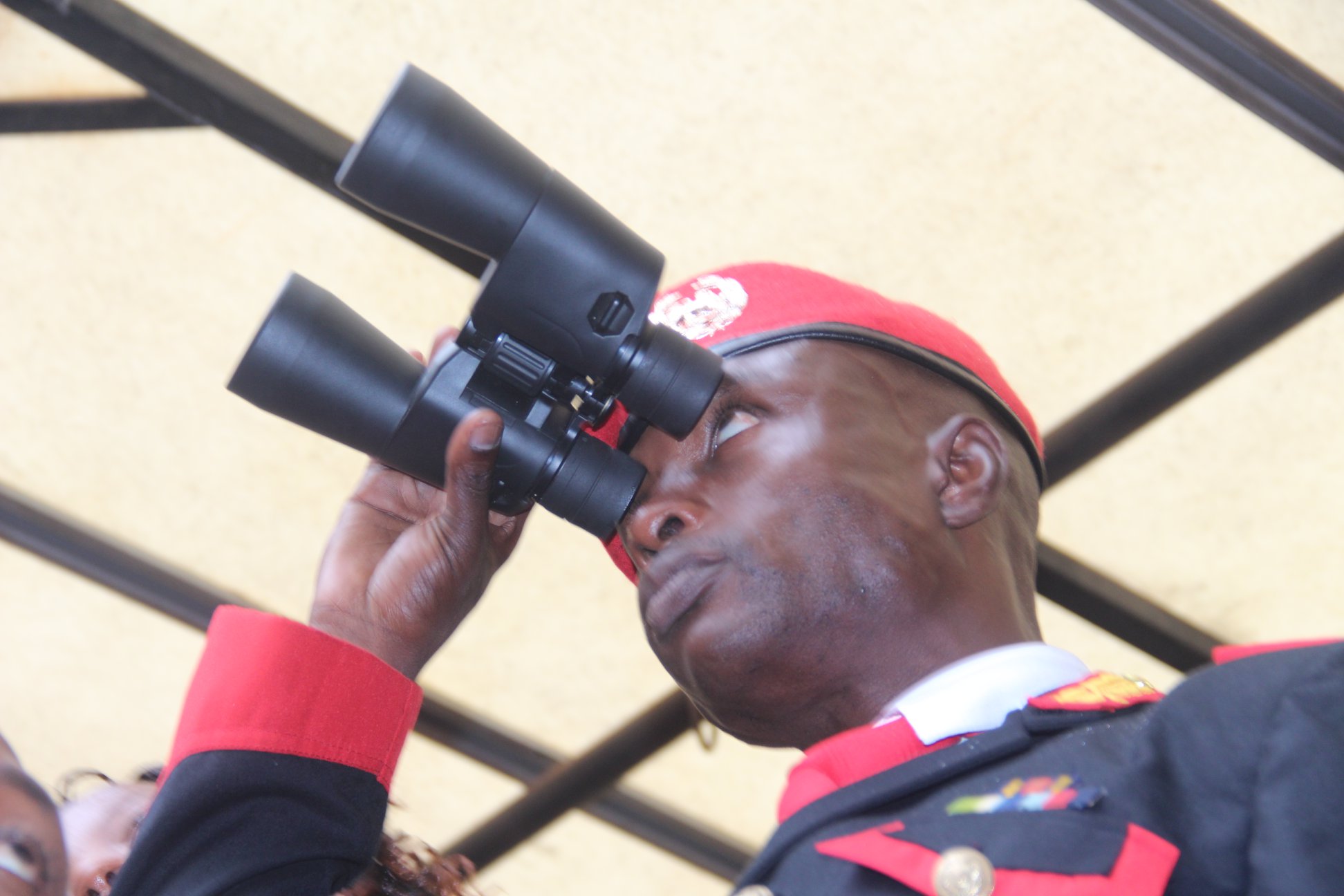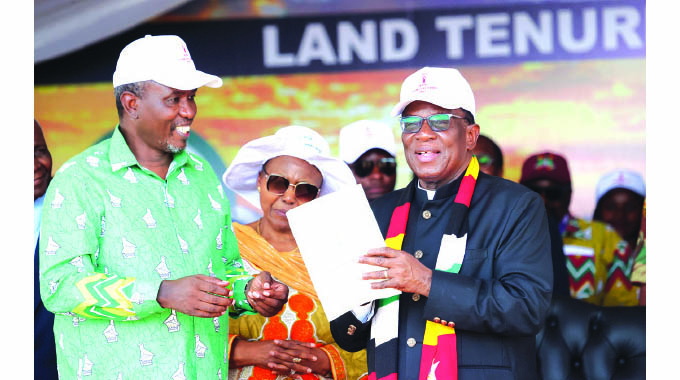THE poultry industry in Zimbabwe, which nearly got decimated by bird flu last year is on a recovery path, but is seriously weighed down by the prevailing high cost of stockfeed which has pushed small-scale producers out of business, farmers have said.
Poultry farmers who spoke to Standardbusiness last week said even though the sector was now showing signs of recovery after the outbreak of avian influenza, the high cost of stockfeed was hampering its growth.
"The poultry industry at the moment is on a recovery path. Remember, we had the outbreak of Avian Influenza in May and July last year which created an acute shortage of day old chicks as well as broiler meat and table eggs," Zimbabwe Poultry Farmers' Association chairman, George Nare, said.
Nare said stockfeed was too expensive and as a result, small-scale farmers were being shut out of business.
"Stockfeed prices are still high. A 50kg of stockfeed currently costs about $35. This is really killing the industry and hampering its growth.
As a result, we are not seeing any new poultry farmers joining the industry. Small-scale farmers that are currently operating are struggling due to that," he said.
Nare said because of soya bean shortage as well as a looming drought, prices of stockfeed would not come down any time soon.
Zimbabwe is currently facing an acute shortage of soya bean, one of the critical components in the production of stock feed.
Small-scale farmers said the cost of stockfeed was pushing them out of business.
"We are having a challenge of the market because we are competing with big guys who are well-resourced. As small-scale farmers we buy stockfeed from the same companies we are competing with," Chicken Raisers Association executive chairperson, Nkosilathi Ndiweni, said.
Ndiweni said stockfeed was too expensive for them.
For instance, he said, a 50kg to feed 100 chickens for layers cost more than $30 but lasts for only two days.
He said it was difficult to reduce chicken price from the prevailing $7 due to the high cost of production.
Out of that $7, their profit was less than 50 cents per bird, he said.
Ndiweni said the challenge was that the same companies that manufactured stockfeed, were the same companies that sold chickens and owned abattoirs.
Nare said business was low as the industry was also struggling to get enough day old chicks.
"For instance, in Matabeleland region we have one supplier of day-old chicks who is always overwhelmed by demand. The rest of the suppliers are coming from Harare and Chegutu and they are also failing to meet our demand," Nare said, adding agents for Harare and Chegutu suppliers had a three months backlog for day-old chicks orders.
Nare said the country was still experiencing table eggs shortage due to avian influenza outbreak which hit major producers last year and "companies are still trying to recover".
Last year, government intervened by giving poultry companies the green light to import eggs.
Zimbabwe's largest poultry breeder, Irvine's Lanark Farm near Harare, was in May and July hit by two outbreaks of bird flu known as Avian Influenza which reduced the supply of day-old chicks, chicken and table eggs to critical levels.
As part of efforts to contain the highly pathogenic disease, about 215 000 birds were culled and Zimbabwe also imposed import duty on fertilised poultry eggs.
Nare said last year a number of poultry farmers cut down production by more than 50% due to a shortage of day old chicks. Following the outbreak of avian influenza, the price of a 2kg of chicken portion increased from $3,50 to $7,30 or more depending on the quality.
Ever since, prices have not stabilised.
Ndiweni pleaded with the government to provide them with land so that they could set up their own abattoir.
But Zimbabwe Poultry Association (ZPA) chairman, Solomon Zawe said government's intervention to suspend duty that was applied to imports of hatching eggs from countries outside the Sadc region, was now paying off.
"We are bouncing back and we are happy that government has scrapped off the 40% duty. We are also happy that Irvine's quarantine is over now and the company is back to business," Zawe said.
In October last year, government announced a new regulation under Statutory Instrument 124 of 2017 to suspend duty on fertilised egg importers including Irvine's to maintain the availability of both poultry and eggs on the market.
The suspension, expected to last for six months, was with effect from August 1 2017.
In his report presented during ZPA's annual general meeting held recently, Zawe noted that poultry production was now on the rebound and that efforts by ZPA members to rebuild lost capacity in the breeder industry were now bearing fruit.
He paid tribute to Irvine's and to the Department of Veterinary Services for reacting swiftly and decisively to the outbreak of avian influenza, noting that massive depopulation of breeder flocks had been carried out in the national interest.
ZPA anticipates that the supply of table eggs to the market will increase again in 2018.
"With breeder capacity and the supply of day-old chicks to the market restored, poultry producers can take advantage of abundant maize produced under command agriculture to increase production of broiler meat and eggs again in 2018," Zawe said.
- the standard
 Signed, sealed, and delivered US$1 billion
Signed, sealed, and delivered US$1 billion  Hichilema meets Chivayo
Hichilema meets Chivayo  Millions celebrate Diwali festival in India
Millions celebrate Diwali festival in India  SA bitcoin firm mulls Zimbabwe listing
SA bitcoin firm mulls Zimbabwe listing  Gold edges up as traders await guidance
Gold edges up as traders await guidance  Airlink applies for Lanseria to Harare, Bulawayo route
Airlink applies for Lanseria to Harare, Bulawayo route  Young Investment Professional (YIP) Graduate Programme 2019
Young Investment Professional (YIP) Graduate Programme 2019 










 Young Investment Professional (YIP) Graduate Programme 2019
Young Investment Professional (YIP) Graduate Programme 2019
Editor's Pick